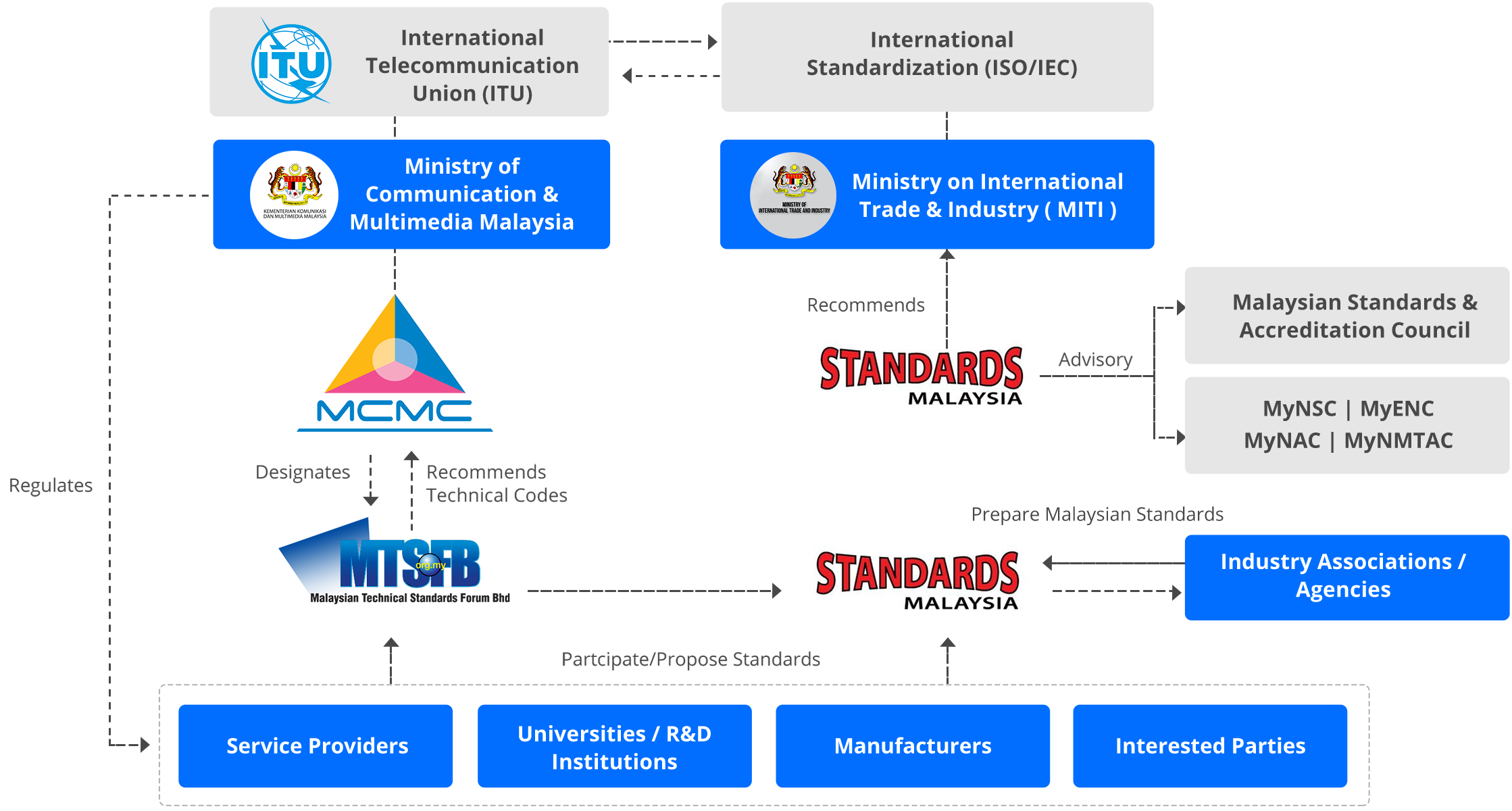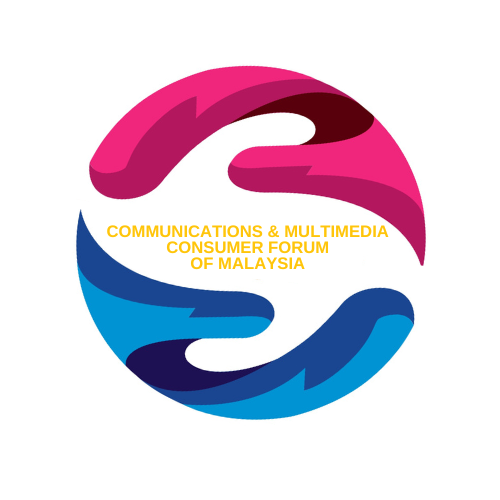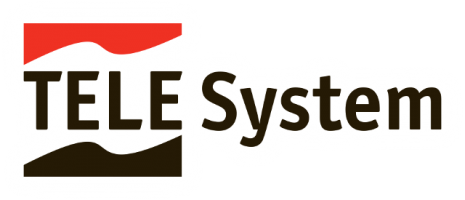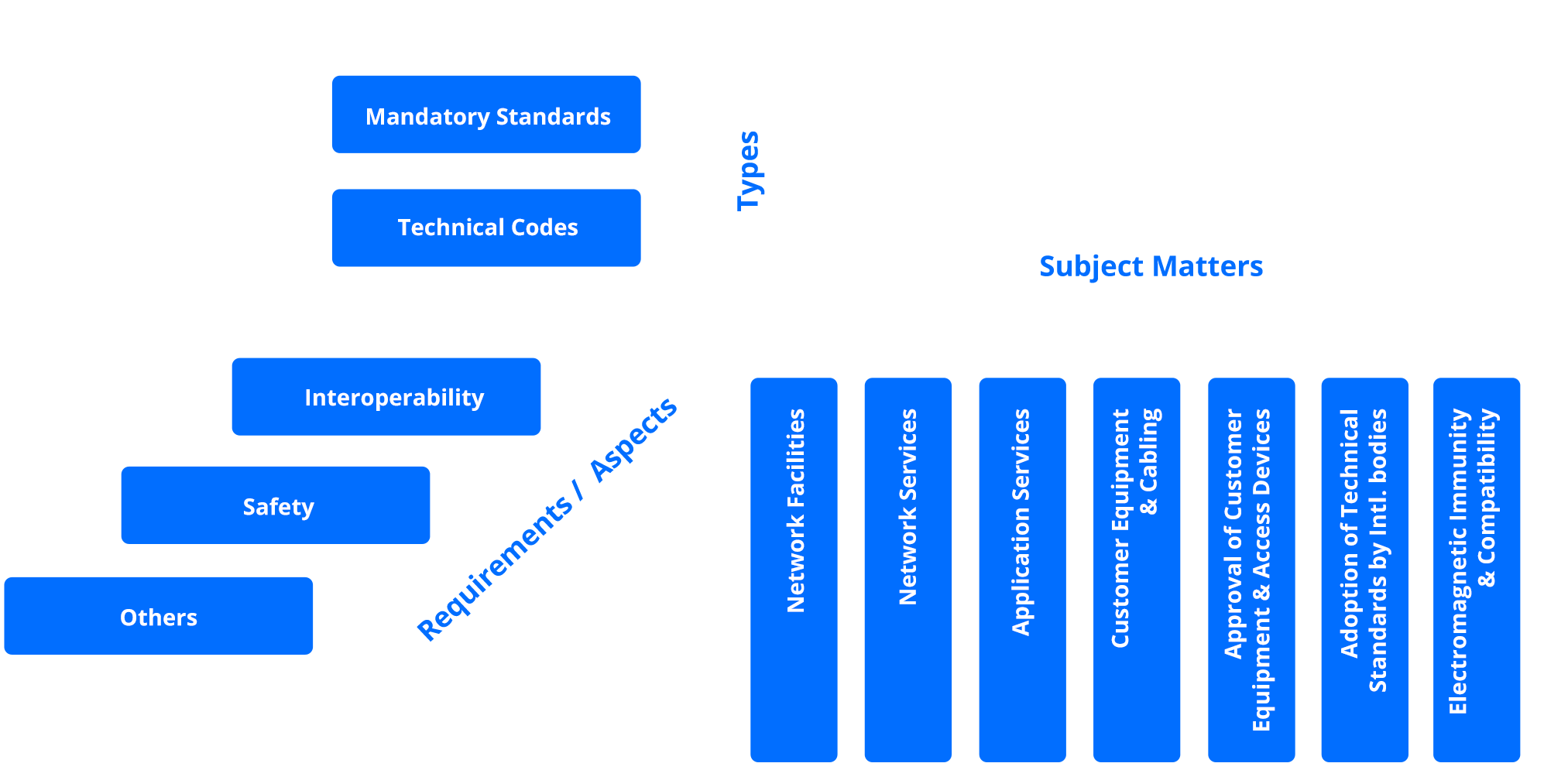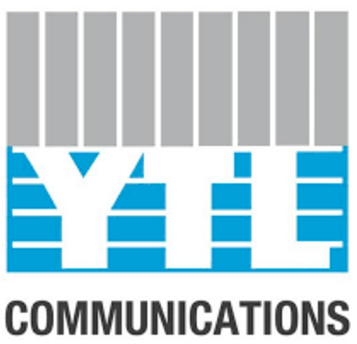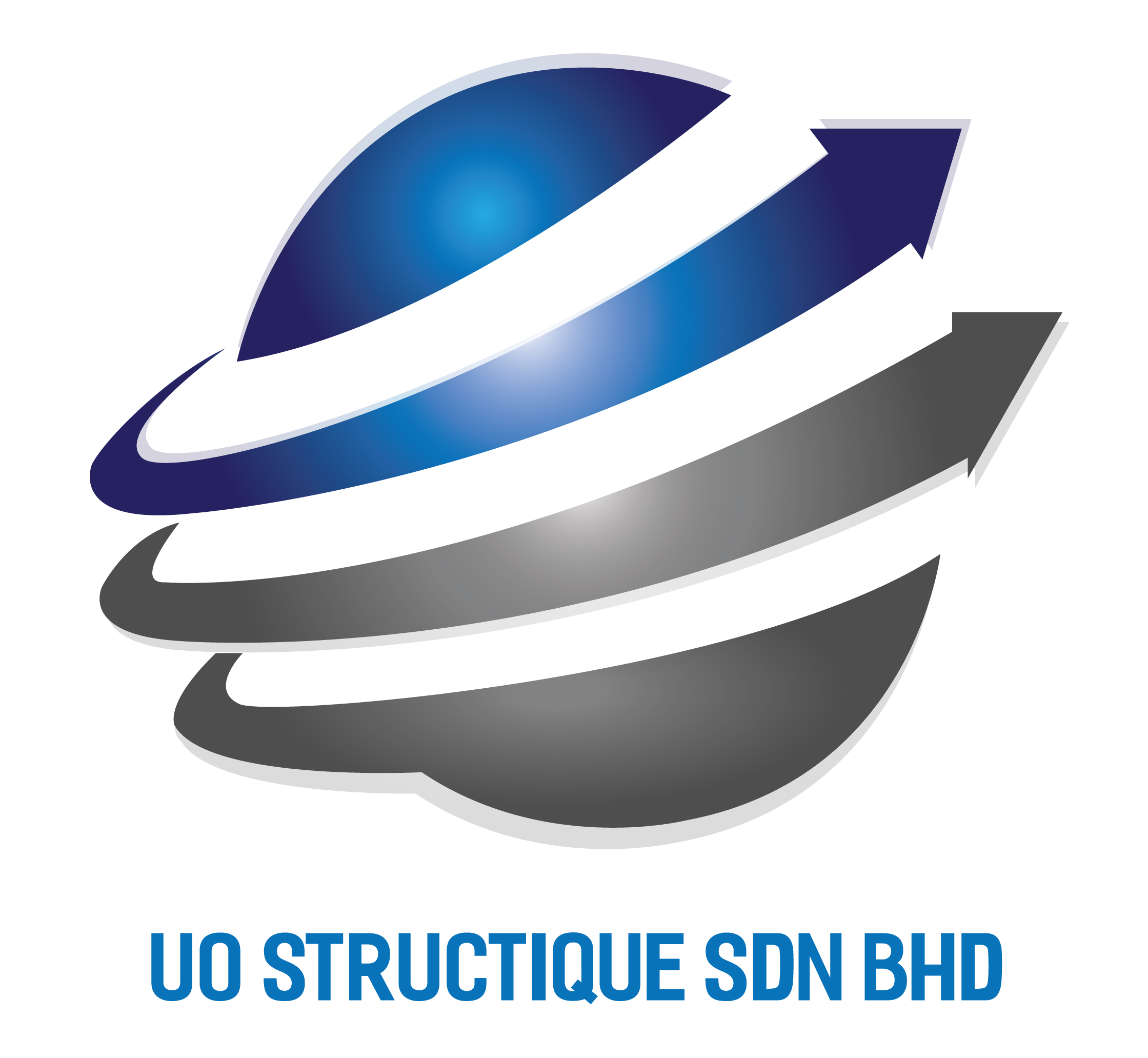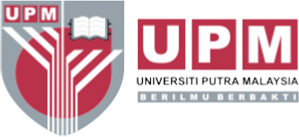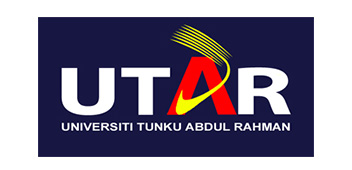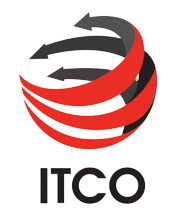Standards
A Glimpse of Standards
Standards have everything to do with change. They hold change in check by fixing certain parts of a technology.
They also allow innovation to happen in a controlled way by creating an area of certainty around which change can happen. The process of change, however, is itself changing due to the increased rate of technology development, and this is having a profound effect on how we create and manage standards.
The first recorded legislation on standards in the world was enacted by Ottoman Empire in the period of Sultan Bayezid II in 1502 called “Kanunname-I Ihtisab-I Bursa” (The Law of Bursa Municipality) where animal products, fruits and vegetables, salt, bread, industrial products, textile products, forest products and leather products were bounded on standard and controlled prices.
The first Malaysian Standards was developed and registered by the Standards Institution of Malaysia (SIM) in 1969, presently known as SIRIM Berhad, called ‘Protective Helmets for Motorcyclists’ (MS:1:1969) which was later replaced in 1996 by the ‘Specification for Protective Helmets for Vehicle Users’ (MS:1:1996).
Importance of Standards
In developed countries, standards in all economic sectors particularly on Information Technology, Communications and Multimedia Standards is regarded as a strategic tool in relation to:
Economic Development
New Technology
Development
User Protection
Standards are also being used as an agenda item for discussion under the Technical Barriers to Trade (TBT) by the World Trade Organisation (WTO) and this is directly related to economic performance and competitiveness of each country under scrutiny.
Developed countries have been dealing with standards as commercial issues such as ‘Where technical regulations are required and relevant international standards exist, Members shall use them as a basis for their technical regulations’ (WTO TBT §2.4).
It is recognised that active participation in standards development between developed and developing countries in this industry is an important topic to be addressed. The International Telecommunication Union (ITU) has determined three (3) main reasons to be resolved by the developing countries like Malaysia on standardisation gap:
- Lack of Human Resources
- Lack of Financial Resources
- Lack of Technological Expertise
With this recognition of the importance and the significance of standards to the industry and the country, MTSFB is formed to represent industry stakeholders in the National Standardisation System, bridging network infrastructure, service providers and network terminal equipment manufacturers (as shown in the chart below). Each standardisation body is responsible to oversee and formalise a common correspondence system and recognised process of participation and development of national standards for Malaysia across all industry sectors.



